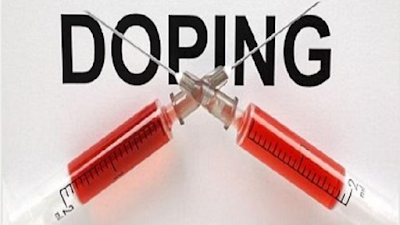How do drug tests work?
The world of sport has become so fiercely competitive that sports persons are often tempted to take drugs to enhance their performance and increase their chances of winning. Doping is universally condemned as unethical, as it goes against the spirit of sport. Hence sports organisations that organise various sporting competitions strictly regulate the use of drugs by athletes.Anabolic steroids and stimulants are the main culprits in doping scandals. Every year, the World Anti-Doping Agency updates its list of banned substances and methods that sports persons are not allowed to use.
For the test, the the sports persons are expected to give a sample of their blood or urine. The samples are sent to the lab for testing. At the Olympics for example, the first five finishers are tested immediately after the event, at the venue. Random tests are also conducted on players where they are based for the duration of the tournament.
Two samples are taken from the athlete. If sample A shows the presence of a banned substance, the athlete can request the authorities to test sample B too, to confirm or negate the first result. A sample may be stored in the deep freezer and retested up to eight to ten years later!
Urine drug testing is one of the most common testing methods used, because of its low cost. Steroids can be detected in urine for a period from 3 to 30 days.





